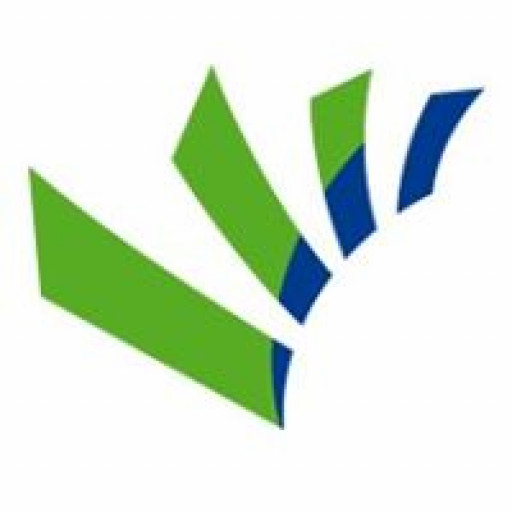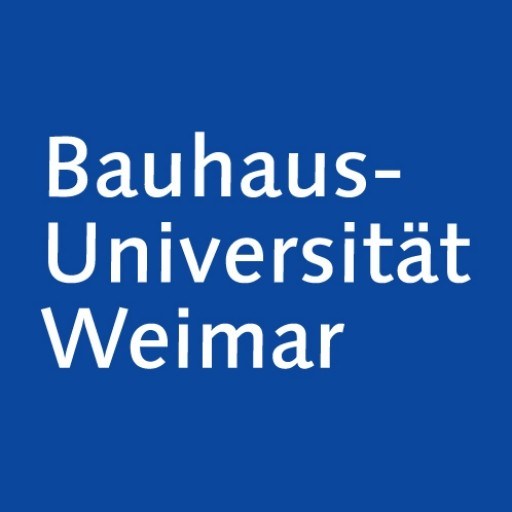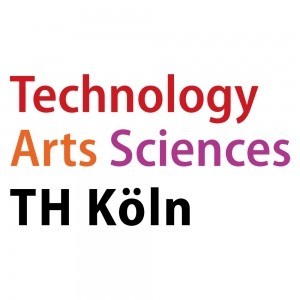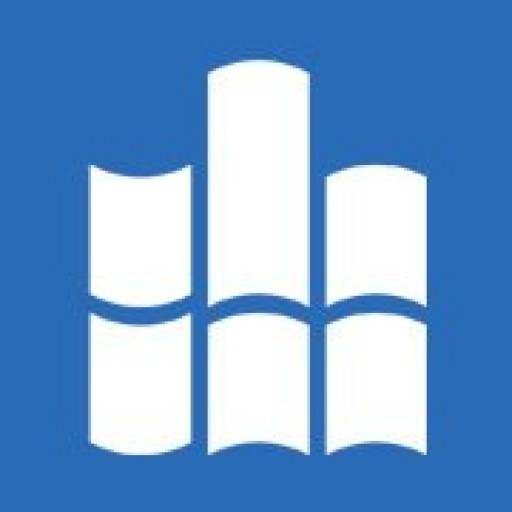The Applied Computer Science Master’s program at Trier University – Environmental Campus Birkenfeld offers a comprehensive and practical education in advanced computing principles, software development, and information technology management. Designed for students seeking to deepen their knowledge in computer science and enhance their technical skills, this program emphasizes the application of computer science theories and methods to real-world problems across various industries. The curriculum combines theoretical foundations with practical projects, ensuring graduates are well-equipped to address current and future challenges in automation, data analysis, cybersecurity, and digital transformation. Students will gain expertise in programming, algorithms, data structures, systems architecture, and software engineering, while also exploring specialized fields such as artificial intelligence, machine learning, and Internet of Things (IoT) technologies. The program promotes a hands-on approach through laboratory work, project-based assignments, and collaborations with industry partners, preparing students for careers in software development, IT consulting, research, and innovation management. Additionally, the program fosters skills in project management, teamwork, and communication, which are essential in today’s multidisciplinary work environments. With a focus on sustainability and environmental aspects, the Applied Computer Science Master’s degree at Trier University also addresses the ethical and societal implications of new technologies, ensuring graduates can contribute responsibly to technological advancement. Graduates will be prepared for the demands of the digital economy, capable of developing innovative solutions that improve efficiency, security, and user experience in various sectors. The program is suitable for students holding a relevant bachelor's degree in computer science, information technology, or related fields, and interested in applying their knowledge in practice within a dynamic and evolving technological landscape.
The main idea of the master’s studies of Applied Computer Science is the combination of the deepening of the knowing acquired during the undergraduate courses and a focus on an innovative applied discipline. These application subjects have a close connection to the environment and incorporate the research activities based on the campus.
In the area of Robotics, for example, there are the robot-driven impurity sorting or the energy efficient solution of automation tasks with the help of embedded systems. At the German industrial base, intelligent devices are one of the key technologies. Innovations in this field are developed from a close interleaving between methods and techniques from engineering, electrical engineering and computer science in terms of image analysis, machine learning, simulation and real-time data-handling.
In the fields of Environmental and Business Computer Science, the central meaning of information systems for the economic success of an enterprise as well as for a sustainable development is considered. For example, business information systems serve the supervision and optimization of information and material flows in companies. In many companies, the IT-based knowledge management in organizations became a main task. In addition, the protection of the environment is supported by complex IT applications. As an example, the computer-based recognition and classification of varnished surfaces on the basis of satellite pictures via processes in recognition of patterns should be mentioned.
Both areas of concentration are vital part of the studies. A detailed description of the individual modules can be found in the module handbook.
In the context of interdisciplinary projects and the master thesis, the students are offered the opportunity to work on interesting research projects at the Environmental Campus. The GREENSOFT project for example considers the aspects of sustainability already at the stage of software design. In the context of Green IT’s expansion, concepts and tools for software developers are here provided to allow the development of resource saving software and the resource saving use of the prementioned.
The focus of the research activities at the Institute for Corporate and Technology management (IBT) lays on the IT-driven optimization of production processes. There, the computer scientists work for example on the robot assisted fabrication of a vehicle body model or the implementation of adaptive control system strategies.
The research college MAGNENZ is a collaboration between the Environmental Campus and the Kaiserslautern University of Technology and it focuses itself on the development and application of superparamagnetic nano particles in the chemical industry. There, amongst other things, interdisciplinary tasks from the area of modeling and simulating biotechnical processes are elaborated. The research college offers successful master graduates the opportunity for a cooperative doctorate.
In the first two semesters, the study consists of six modules that run together with the master’s course in Media Computer Science (30 ECTS points) as well as of six unique modules for the course of studies (30 ECTS points).
In the essential curriculum of Applied Computer Science, modules run in databases and information systems, sustainable software technology, algorithms, machine learning, specialized chapters of computer science and mathematics. The essential curriculum is completed by a consolidation in four modules in the chosen area of concentration, either Environmental and Business Computer Science (20 ECTS) or Robotics (20 ECTS).
The third semester is reserved for the master thesis. The master thesis (final exam) should demonstrate that the students are able to work by them self on a subject-specific problem with scientific methods within a given time. The process time adds up to six months.
This course of study provides a profound, theoretically based and at the same time applied education in the core areas of theoretical, practical and applied computer science.
In the elective module, these comprehensive training contents are specifically completed by domain-specific professional knowledge in one of the two areas of concentration (Robotics or Environmental and Business Computer Science)
The Master’s degree programme 'Applied Computer Science' is a follow-on postgraduate programme, which builds on the department’s Bachelor’s degree programmes 'Applied Computer Science' and 'Media Computer Science'. Applicants must have been awarded a university Bachelor’s degree or an equivalent qualification in engineering sciences, natural sciences, or computer science or the equivalent. Applicants must have completed an undergraduate degree with a standard duration of at least three years and a grade point average of 2.5 or above (based on the German grading system). Applicants must have good knowledge of the German language.
An Admissions Committee is in charge of reviewing the applicants’ qualifications and verifying whether they fulfil the Master’s programme entrance requirements or not. This Admissions Committee is also authorised to determine any additional requirements, which students with no background in computer sciencehave to pass in order to qualify for admission.
The Financing of the Applied Computer Science program at Trier University - Environmental Campus Birkenfeld is primarily based on a combination of public funding, student contributions, and institutional resources. As a public university in Germany, Trier University benefits from government subsidies and grants that support the development and maintenance of its academic programs. Tuition fees at German universities are generally low or free for domestic and EU students, which significantly reduces the financial burden for students pursuing this degree. However, students are responsible for semester contributions, which include administrative fees, student union fees, and contributions to the Studentenwerk, amounting to approximately 300-350 euros per semester. These fees cover various student services, including public transportation tickets, social support, and cultural activities, thus indirectly supporting the overall university environment.
International students may be required to pay higher tuition fees depending on their nationality and the specific regulations governing international education at Trier University. Additionally, many students finance their studies through scholarships, grants, or part-time employment. Several scholarship programs are available for qualified students, including those offered by the DAAD (German Academic Exchange Service) and the university’s internal funding options. Students may also seek financial aid from external sources, such as family support or private donors.
The university encourages students to explore funding opportunities early in their studies and provides guidance through its student advisory services. Internship or part-time work related to the field of computer science can also help students offset living expenses and gain practical experience, which is highly valued in the job market. Some students may also receive financial support through student loans, although this is less common in Germany due to the favorable funding environment.
Overall, the financial structure for the Applied Computer Science program is designed to be accessible and affordable, relying primarily on public funding and student contributions, supplemented by scholarship options and personal financing strategies. This approach aims to facilitate access to high-quality education while maintaining financial sustainability for the university and its students.
Alumni of applied computer science have the option to work in all areas that handle data processing. The ideal field for graduates is in computerized adaptation of complex problems in the application areas. The development of so-called "future technologies" in the engineering sciences, physics and the life sciences, as well as a more complex networking of the economic systems opens a broad and dynamic occupation field, which will expand further in the next years.
Graduates have the opportunity to obtain jobs in commercial business enterprises, in the service sector, in searching and producing industrial companies, in banking, in civil service, and private or public institutions to convert and develop computer-based technologies.
Already computer-assisted simulations, simulated production flows, in silico experiments and procedures are used today for the data forecast in different areas, due to rising costs and time constraints, as well as an increasing lack of resources. Therefore, the activity profile of graduates goes far beyond pure application of software solutions.
Aside from traditional IT companies graduates can find jobs in the following areas:
- Environmental and energy industry
- Vehicle and automotive industry
- International machine- and plant engineering, automation technology
- Engineer and planning offices (factory planning and organisation)
- Physics, chemistry and material sciences
- Pharmaceutical industry
- Biotechnology enterprise
- Food industry, animal and plant breeding
- Traffic control and monitoring
- Geosciences
- Air and space technology
- Telecommunications
- Logistics and sistribution
- Banks and insurance
- Management consultations
- Research and development companies
- Institutes and universities, research establishments









